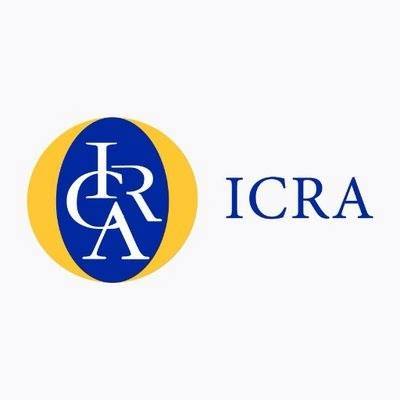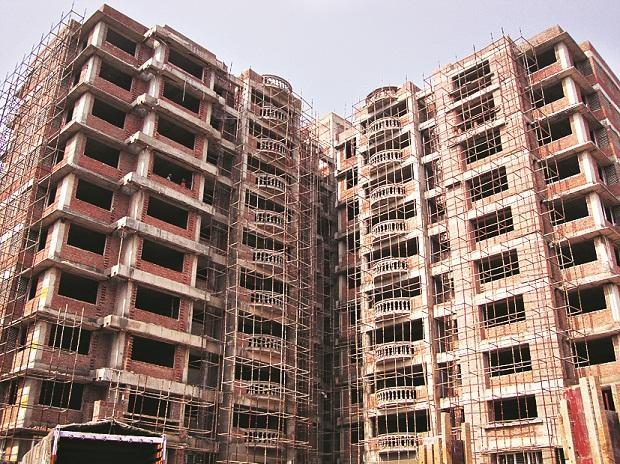Report
MTA a step towards formalisation of rental market: ICRA


India’s rental market is poised for a significant change and development, post the approval of the Model Tenancy Act (MTA) by the Union Cabinet last week.
The new act replaces the Rent Control Act, 1958 and aims at bringing about a balance of interests between tenants and landlords. Specifically, it attempts to address some of the key conflicting issues between the parties by bringing about certain important changes, including the establishment of a rent authority and the mandatory requirement for a written rent agreement; and registration of the same with the authority. Moreover, it also provides clarification on the premise and process for eviction of tenants, maximum level of security deposit, rent revision and requires the establishment of rent courts for dispute resolution.
As per ICRA note, with such measures, the successful rollout of the MTA is expected to have a positive impact on market functioning by creating a balanced legal framework, which would improve transparency and protect the interests of all key stakeholders. Till now, the rental market has remained largely underdeveloped, despite the presence of vacant units in urban areas as well as the existence of a considerable housing shortage, primarily due to trust issues between landlords and tenants, low rental yields and lengthy dispute resolution mechanisms.


-



 News4 weeks ago
News4 weeks agoKW Delhi 6 Mall Onboards New Brands
-



 News4 weeks ago
News4 weeks agoManasum Senior Living Launches IKIGAI GOA, A Senior Living Community in North Goa, in collaboration with Prescon Homes
-



 News4 weeks ago
News4 weeks agoBridging India Divide: Top 5 Tier- 2 Cities to Focus On
-



 News4 weeks ago
News4 weeks agoCommercial Realty Gets Tech Savvy: Fast Construction, Enhanced Convenience
-



 News3 weeks ago
News3 weeks agoGodrej Properties Sells Rs 3k cr+ Homes of Godrej Zenith, Gurugram, within 3 days
-



 News4 weeks ago
News4 weeks agoMultipoint Connection – A Definite Boon
-



 News3 weeks ago
News3 weeks agoRBI’s Status Quo on Key Policy Rates to Help Maintain the Real Estate Growth Momentum, Say Industry Stalwarts
-



 News2 weeks ago
News2 weeks agoOlive Announces Dhruv Kalro as Co-Founder




















